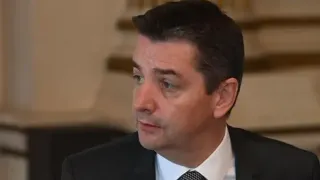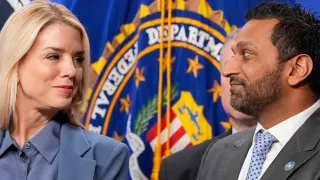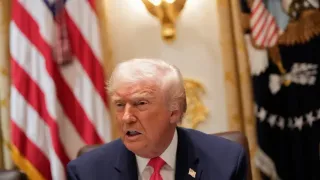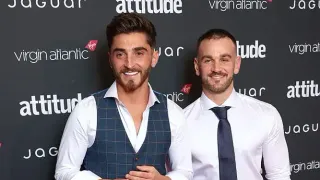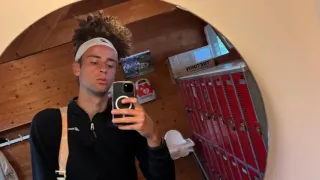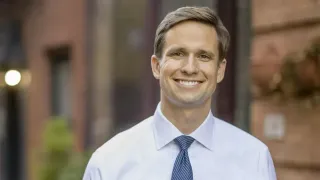September 6, 2024
Paris Hilton Waited 18 Years to Drop a New Album. On 'Infinite Icon,' She's here to 'Save Pop Music'
Maria Sherman READ TIME: 2 MIN.
Nearly two decades ago, Paris Hilton released her debut album, 2006's eponymous "Paris," at one height of her powers – an album of breezy pop music that offered a soundtrack to her cheery and decadent public-facing lifestyle, anchored by the reggae-lite sugar rush of "Stars Are Blind."
Not that she's abandoned music in the time since. Atop of her endless parade of projects – most recently including a memoir, a documentary, a forthcoming reboot of "The Simple Life" for Peacock called "Paris and Nicole: The Encore," and activism centered on fixing Utah's troubled teen industry after opening up about the abuses she faced at Provo Canyon School – she's a DJ, and her long-awaited sophomore album "Infinite Icon" reflects her long-held interest in dance music and club culture.
"Music has always been such a huge passion for me," she told The Associated Press over Zoom. "Someone needed to come and save pop music. So I'm here."
But those expecting a cut-and-paste repeat of "Paris" should look elsewhere.
"My first album was very much on just how my life was at that point. It was my Party Girl-era. The songs are just very carefree and fun and all about going out looking hot and having a great time," she continued. "This album definitely has a lot more deeper meaning to it, and I just wanted the songs to really reflect on my life and my journey and be introspective."
There's "ADHD," a song that reframes the diagnosis as a kind of superpower; "Legacy," which she describes as an ode to her husband, children and fans all in one – an energetic electro-pop-punky track that sounds like it could've been cut from "Paris" and contemporized for a 2024 audience.
And the lead single "I'm Free," featuring Rina Sawayama, a disco-pop celebration of autonomy. For Hilton, the sentiment takes on a few different meanings.
"Going through what I went through at Provo Canyon school, it was just so traumatizing and so painful. And I remember the first song that I heard, when I got out of there, when I got out was 'Free' by Ultra Naté," she says. The song became her anthem, and when it came time to write her lead single, she wanted to pay homage to the track that resonated with her in that time.
To make "Infinite Icon," Hilton teamed up with Sia, who executive produced the record. The pair connected after performing "Stars Are Blind" with Miley Cyrus at Miley's New Year's Eve Party on Dec. 1, 2022. Sia told Hilton she was "born to be a popstar," and so they got to work, bring in an all-star team of women to collaborate with: Sawayama, Megan Trainor,Megan Thee Stallion and Maria Becerra.
"It was really important to me to really do this album with all women," she says.
"I just wanted to have this album really be about empowering women," she adds. "Just songs for my girls, my gays, and songs for people to feel alive to. I want everyone who listens to this album to feel like their own unapologetic icon."
